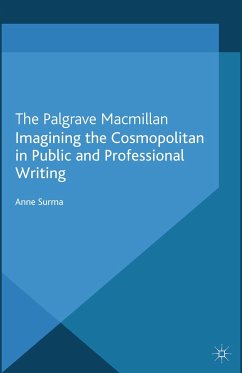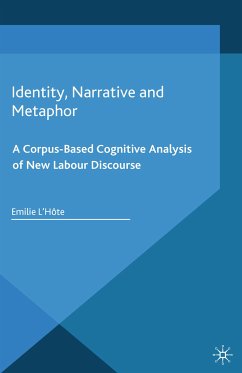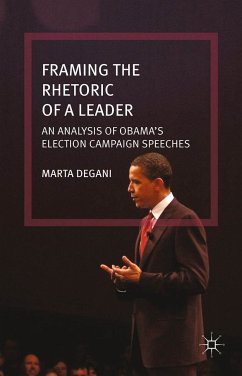
Imagining the Cosmopolitan in Public and Professional Writing (eBook, PDF)
Versandkostenfrei!
Sofort per Download lieferbar
40,95 €
inkl. MwSt.
Weitere Ausgaben:

PAYBACK Punkte
20 °P sammeln!
In this important book, Surma combines threads from ethical, political, communications, sociological, feminist and discourse theories to explore the impact of writing in a range of contexts and illustrate the ways in which it can strengthen social connections.
Dieser Download kann aus rechtlichen Gründen nur mit Rechnungsadresse in A, B, BG, CY, CZ, D, DK, EW, E, FIN, F, GR, HR, H, IRL, I, LT, L, LR, M, NL, PL, P, R, S, SLO, SK ausgeliefert werden.












